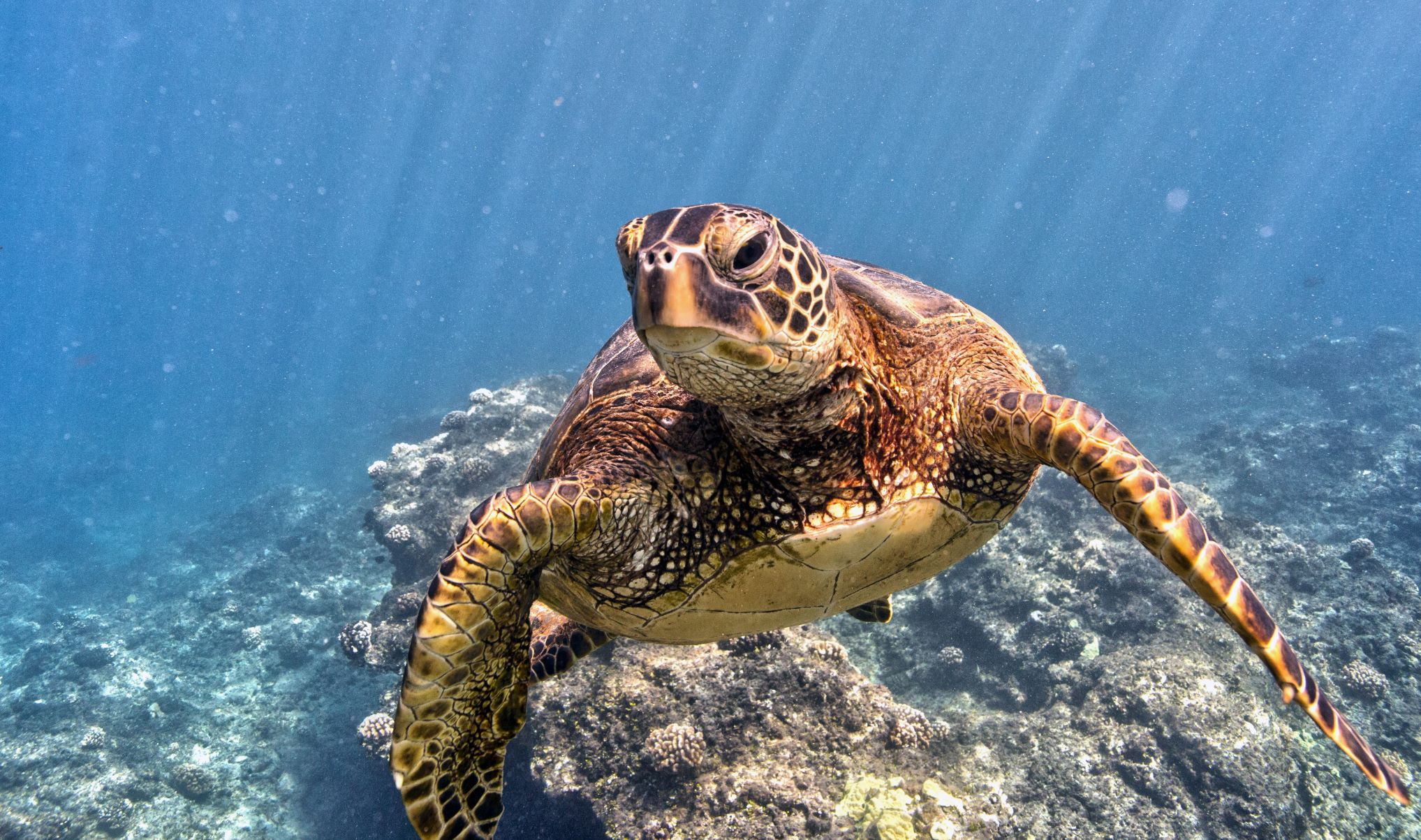Hundreds of voices are speaking up for big blue
More than 250 community leaders joined the movement to protect our oceans by signing up to become “Voices for Our Oceans.”
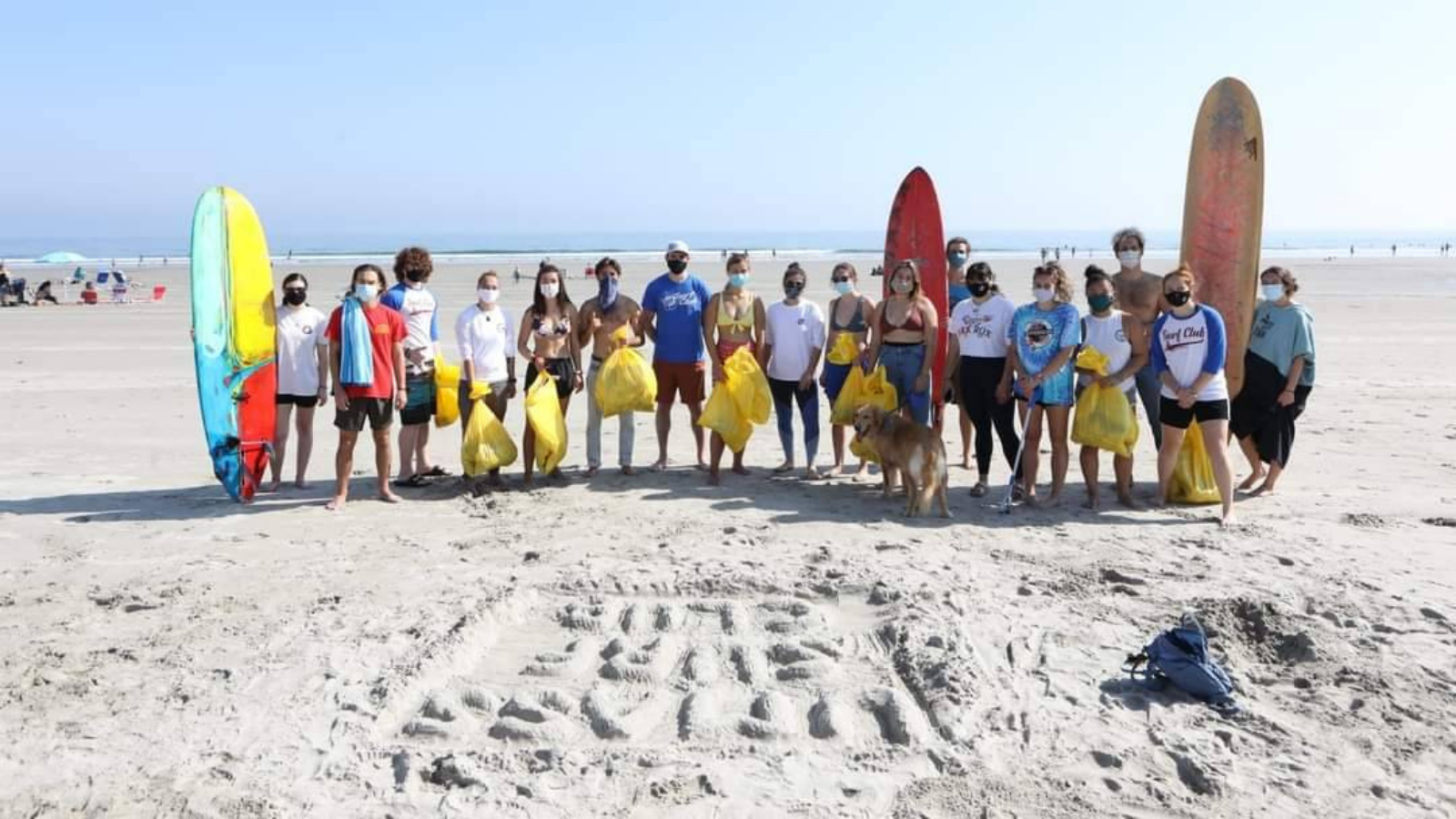
My home state of Rhode Island is known as the Ocean State because of its easy access to long stretches of Atlantic coastline. Dependent on maritime business and defined by our coastal identities, everything that Rhode Islanders do is influenced by the ocean. From soft, sandy beaches to rugged, rocky shorelines, the ocean permanently touches everyone who’s lived here.
This love for the sea inspired me to work to protect the ocean — and I am not alone. Last year, we launched a new project called Voices for Our Oceans — in which over 250 community leaders joined the movement to protect our oceans by signing up to become “Voices for Our Oceans.”
The project connects with local leaders and works with them to amplify their voice, teaching them the skills they need to advocate for key ocean policies to affect concrete change. Our oceans are at risk, from plastic pollution, overfishing and offshore drilling. These threats make it difficult for our beloved sea life — like whales, dolphins, sea turtles and sea otters — to thrive. Voices for Our Oceans organizes community leaders to submit public comments, attend hearings, write and submit advocacy pieces to local media outlets. The overall goal is to push public and private decision-makers to take bold actions to keep our oceans healthy and sea creatures safe.
As the new Voices for our Oceans coordinator, I’ve gotten the chance to meet and speak with dozens of passionate people and hear their ocean stories. I’ve had people tell me that the beach they went to as a kid now looks really different: Only a few decades ago, there were more seabirds soaring over the bay and less plastic littering the sands. I’ve also spoken with students as young as 8 years-old, about how they love collecting vibrant seashells by the shore and analyzing their intricate patterns.
From the community leaders at Voices I’ve worked with, I know that so many people across the country are hopeful for the future of our oceans. People envision a world where sailing on the open water is accompanied by sights of abundant seabirds and plentiful fish swimming in schools underwater. People hope for a world where salmon, sea otters and whales can swim freely and openly in our oceans without threats. People want to see a future for our oceans where generations of families can continue to spend their summers on the same seashore, year after year.
This collective vision — one of a world in which most of our oceans are protected — is artfully described through personal stories on the Voices website. The site highlights over 50 community leaders from across the country — from coastal Massachusetts to Los Angeles valley, and from Florida Keys in the Atlantic to Hawaiian islands in the Pacific. It showcases the diverse and passionate voices that are pushing to protect our oceans, including small business owners, oceanographers, students, environmental consultants, lawyers and elected officials.
The hundreds of stories I’ve read and dozens of folks I’ve met who are advocating for our oceans make me hopeful that we can work towards this collective vision for oceans — but we need everyone to speak up if we’re going to save our very blue planet.
Read their stories here: www.voicesforouroceans.org
Sign up to be a Voice for Our Oceans here.
Photo: UMass Surf Club, University of Massachusetts, Amherst
Topics
Authors
Elizabeth DiSanto
Find Out More
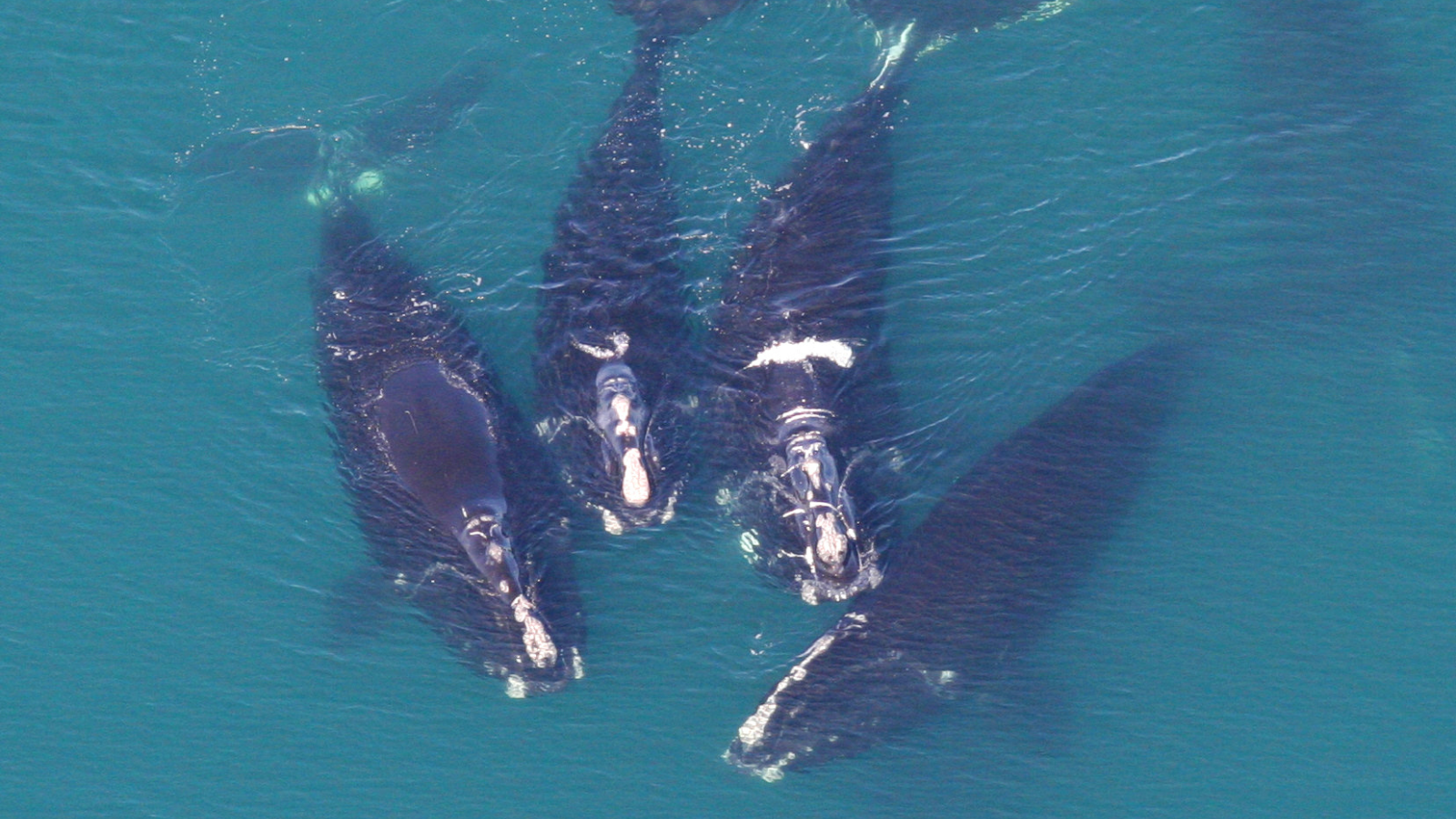
Save the Whales
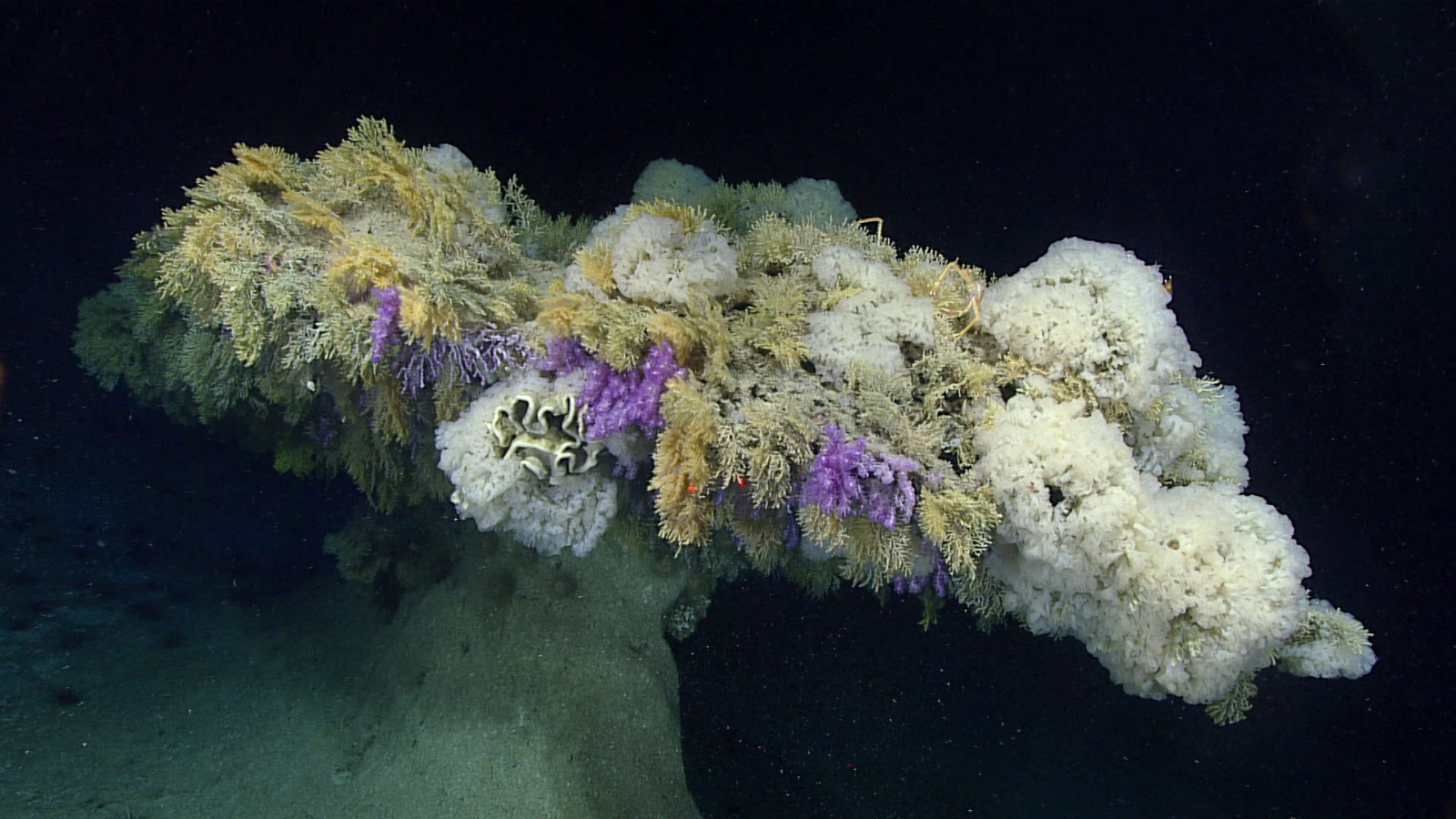
Deep sea mining isn’t worth the risk
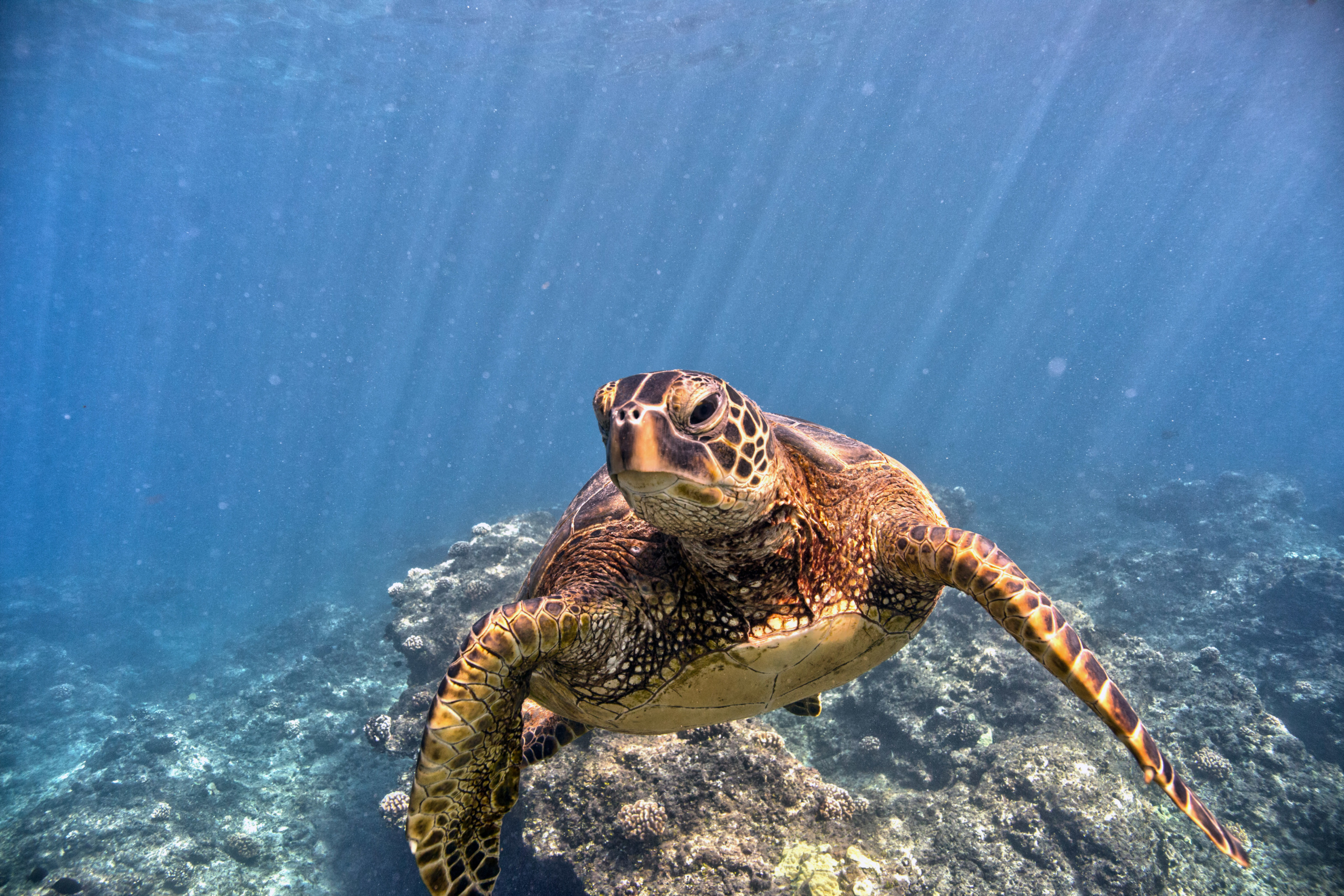
We have a chance to save green sea turtles
